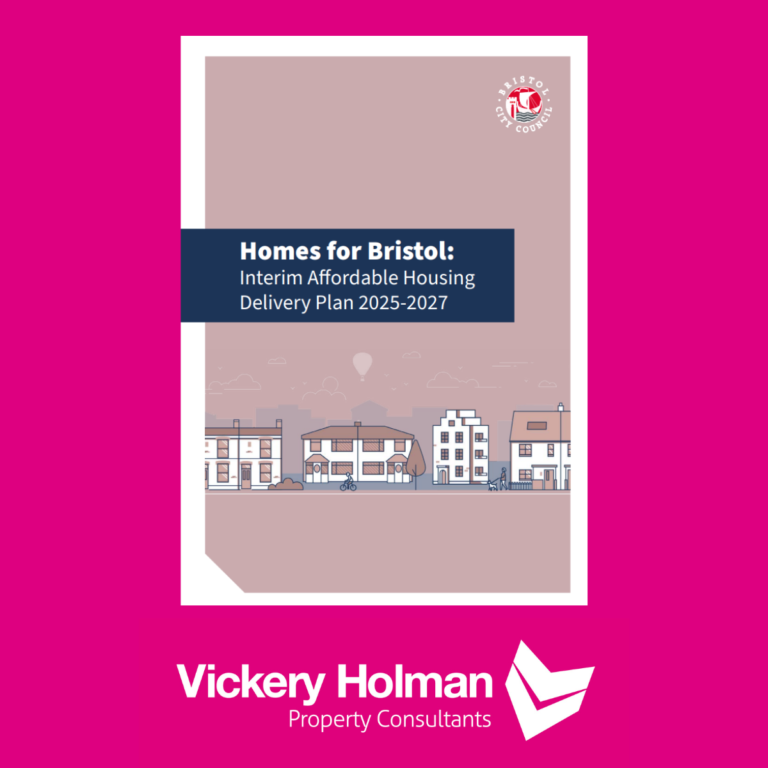In 2020-21, there were an estimated 4.86 million leasehold dwellings in England; this equates to 20% of the English housing stock.
The Leasehold Reform Act 1967 (“The 1967 Act”) was originally introduced to allow leaseholders of lower rateable value houses to acquire (or enfranchise) their freehold. It was subsequently amended to allow more valuable houses to be enfranchised. More recently, under The Leasehold Reform, Housing and Urban Development Act 1993 (“The 1993 Act”), long leaseholders of flats have been given the right (under certain circumstances) to collectively enfranchise the freehold of their building, or the right to extend the term of their individual lease.
The Leasehold Reform (Ground Rent) Act 2022 came into force on 30th June 2022 and made it law that ground rents for most new leases for qualifying long leasehold residential properties in England and Wales, cannot be any more than ‘one peppercorn per year’. From 1st April 2023 this also applied to retirement properties.
Further leasehold reforms are proposed, but it is unclear yet whether anything will be included in the next King’s speech, which has been delayed until Autumn 2023.
The most enquiries we receive in respect of residential long leases, are from lessees looking to extend their lease, so I thought it would be helpful to explain the process.
Extending a residential long lease
Under the statutory or formal process, the extended lease is for an additional 90 year term (the Government may look to change this) at a peppercorn ground rent. If you choose to opt for an informal lease extension, the additional term is open for discussion but since 30th June 2022, the ground rent cannot be increased as it could previously. Unless you agree a lower rent, the Landlord must leave the existing ground rent (including any scheduled rises) in your lease for the remainder of the current term.
The calculation of the premium a lessee pays depends on factors including the value of the property, annual ground rent payable and the number of years left on the lease (which in turn depends on whether you need to pay marriage value); the amount paid is open to negotiation which is in part based on case law. The Government has promised to look at introducing a statutory calculation to make this clearer.
Marriage value becomes an issue when the lease has an unexpired term of less than 80 years, and adds to the cost of extending a lease. Marriage value is an additional element of value created by the combination of two or more assets or interests; in the case of lease extensions, the Landlord is entitled to 50% of this uplift. Whilst the Government has suggested they may remove the marriage value element of the calculation, this would be contentious for freeholders, who could rightly demand compensation.
The lack of clarification on the proposed changes means it is difficult for lessees to make decisions about extending their leases, and some may put off extending them but it could still be years before the new legislation comes into force.
That said, if your lease is approaching or near to 80 years, then considering extending it before marriage value becomes payable is a sensible option and should be considered rather than waiting for further leasehold reforms. Likewise it should be considered if the lease length could impact on your ability to sell it – buyers may not be able to get a mortgage if the term is too short.





